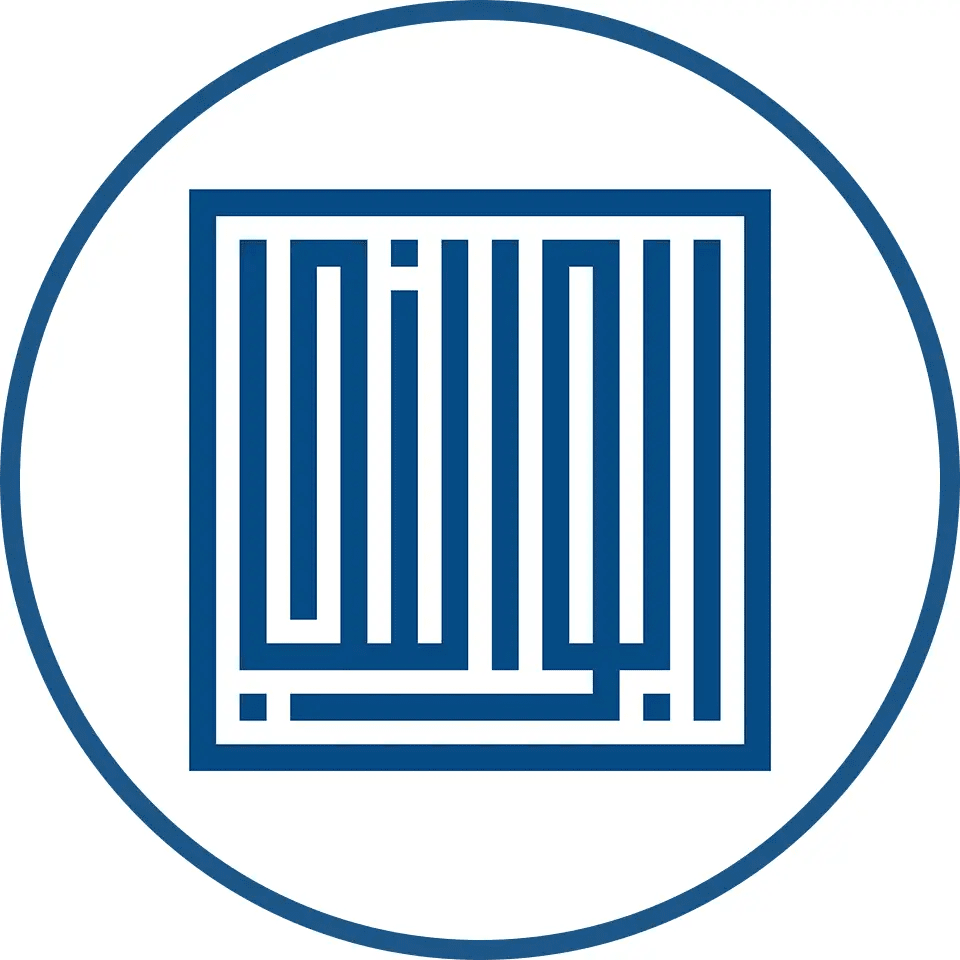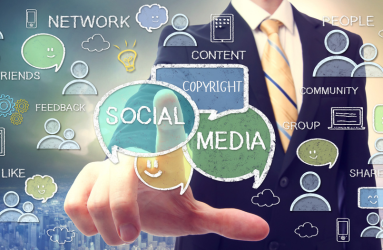10 Landmark Intellectual Property Infringement Disputes
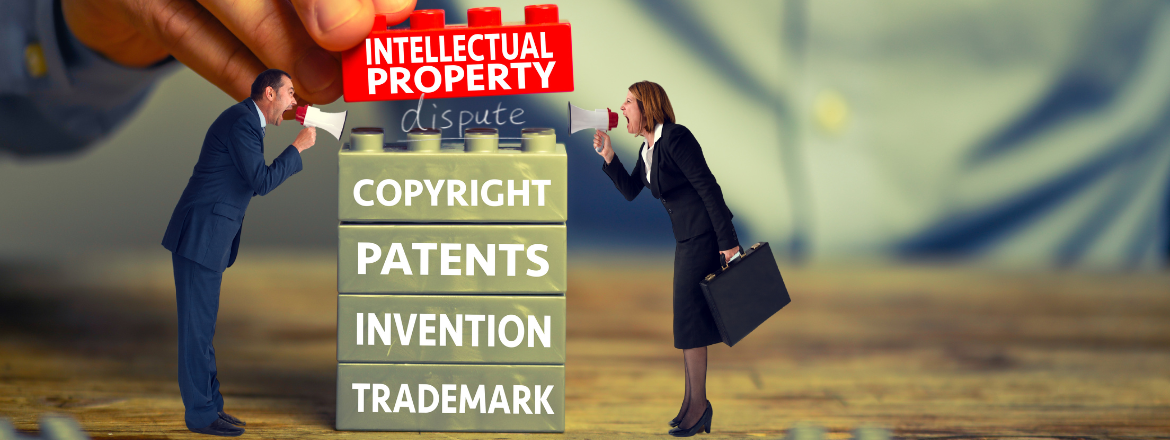
Table of Contents
Introduction: Intellectual Property Disputes
Oscar Wilde famously said “Imitation is the sincerest form of flattery," but nothing is flattering about having your hard work or brilliant ideas swooped from underneath you. This is why protecting intellectual property is an intricate business because it’s about safeguarding ideas under the pretense of federal law. Ideas as concepts are broad to define, giving a lot of leeway for argumentative-based statements. Now, what if you bring about big companies, legal cases, and infringement into the mix? In this article, let's examine a few notable intellectual property disputes stemming from copyright, trademark, and patent violations. Here are ten major lawsuits led by well-known brands in the public eye.
10 Landmark IP Infringement Cases
1. Adidas vs Thom Browne
In 2018, the American fashion brand Thom Browne sought a trademark for its sneakers in Europe, featuring a distinctive red, white, and blue stripe. This move by the luxury brand caught the attention of the global German sportswear giant Adidas, signaling potential competition in their market.
Adidas, known for taking legal action to protect its striped brand, had previously secured victories against companies like Sketchers and Juicy Couture. Following tradition, Adidas initiated legal proceedings against the American company in the summer of 2021, alleging trademark design infringement and seeking $867,225 in damages, along with $7,011,961 in profits.
However, the court ruled in favor of Thom Browne due to a lack of evidence supporting design infringement. Thom Browne argued that their iconic three-parallel stripe design had been a part of their brand for 15 years. Additionally, they claimed to have reached out to the then-CEO of Adidas in 2007, alleging intentional silence from Adidas during a period of significant growth for Thom Browne. Ultimately, the court sided with Thom Browne in this legal dispute.
2. YouTube vs Viacom
In 2007, Viacom lodged a claim against YouTube, alleging "brazen" copyright infringement due to the hosting of over 150,000 clips from Viacom's television shows and owned properties on the platform. Viacom sought damages amounting to a whopping $1 billion. YouTube contended that, as an online service provider, they were not legally liable for copyright-infringing materials hosted on their website—a pivotal point in the lawsuit.
To delve into the matter, the judge ordered the submission of transcripts and logs of YouTube's internal communication to Viacom for scrutiny. This evidence appeared incriminating and could have led to a decisive victory for Viacom if not for a critical misstep.
Before the trial, in what can only be described as a blunder, Viacom engaged 18 marketing agencies to create "unofficial accounts" and upload content anonymously, forming part of a guerrilla marketing campaign. Compounding the issue, Viacom had no means of identifying which accounts belonged to them, resulting in a situation where Viacom was inadvertently suing a company to remove content that Viacom itself had uploaded.
Seizing on this error, YouTube argued that since they could not discern Viacom's accounts, it would be unreasonable to expect them to differentiate between infringing and non-infringing content.
This misjudgment proved detrimental to Viacom's case, leading to a ruling in favor of YouTube—a fortuitous turn of events that potentially saved the company from severe repercussions.
3. Motorola Vs Apple vs Samsung and Google
In 2010, as smartphones became increasingly integral to our daily lives, Apple found itself in a legal dispute with Samsung over alleged infringement of patent protection rights related to their phone products. Interestingly, Apple's primary concern wasn't just Samsung but also Google's Android software, which powered Samsung's phones and those of other third-party manufacturers.
Google's legal team became involved, partly due to a 'Mobile Application Distribution Agreement,' extending support to Samsung in navigating the legal challenges. Concurrently, in a notable case in tech history, Motorola sued Apple. The accusations included Apple's infringement of several patents related to the 3G phone operation, while Apple counterclaimed, accusing Motorola of violating patent rights concerning various smartphone features.
This legal battle proved so vexing for the court that, in 2012, the case was dismissed three times. The judges cited insufficient evidence from both parties and urged them to resolve outside of the courtroom. Notably, 2012 was the year Google acquired Motorola.
4. BlackBerry vs Typo Products
If the idea of having a BlackBerry-style physical keyboard add-on for your iPhone appealed to you, Typo Products, an American-based company, might have had you covered. However, in 2014, Typo found itself entangled in a legal dispute when BlackBerry sued it for the alleged design infringement of its iconic QWERTY keyboard.
On January 3, 2014, BlackBerry. entered legal proceedings against Typo Products, citing design infringement of their renowned QWERTY keyboard. Initially, the court granted BlackBerry a preliminary injunction, acknowledging their patented and registered design for the keyboard.
Despite this, Typo Products continued selling the keyboard as an iPhone add-on globally and through other channels, despite the court's directive to cease and desist. Consequently, Typo faced a fine of USD 860,000, inclusive of attorney fees, and a contempt of court case, payable to BlackBerry.
Undeterred, Typo proceeded to release another version of the discontinued product, named "Typo 2." Despite their claim that it did not fall under the preliminary injunction, this move prompted BlackBerry to file another lawsuit against them for continuing to encroach upon their design patent.
Ultimately, a resolution was reached through a settlement, compelling Typo Products to indefinitely discontinue the global sale of their products for phones smaller than 7.9 inches.
5. Gucci vs Guess
In 2009, a court battle erupted between two household names in the fashion business, when Gucci sued Guess, alleging that Guess had violated several of Gucci's trademarks. Although Gucci claimed $221 million in damages, the final payment was $4.1 million.
So, what caused this outcome? The judge pointed out a crucial problem in Gucci's case: the company's claim that it routinely issued cease-and-desist letters to numerous entities throughout the years.
These organizations ranged from large multinational enterprises to small-scale counterfeiters and infringers. The court's decision was influenced significantly by the burden on Gucci's defense department, which was worsened by budgetary concerns and the speculative character of most of their evidence.
6. Bratz vs Barbie
Carter Bryant, the developer of Bratz, formerly worked for Mattel, the maker of Barbie. During his time at Barbie, he developed the concept for Bratz, which he eventually sold to one of Mattel's main competitors, MGA Entertainment.
The new doll franchise launched in 2001 and rapidly became the largest competitor to the Plastic Bombshell.
In 2008, Mattel sued Bryant and MGA, claiming that Bryant's idea was stolen intellectual property. MGA countersued, resulting in the two doll companies going toe-to-toe.
MGA accused Mattel of corporate espionage by training its staff to spy on its competitors and resorting to secretive underhanded measures such as printing fake business cards and using them to get access to its competitor's private showrooms.
The dispute was settled in 2013 with a finding in MGA's favor and an award of $170 million in damages, but Mattel filed an appeal to overturn the verdict, leaving both parties empty-handed.
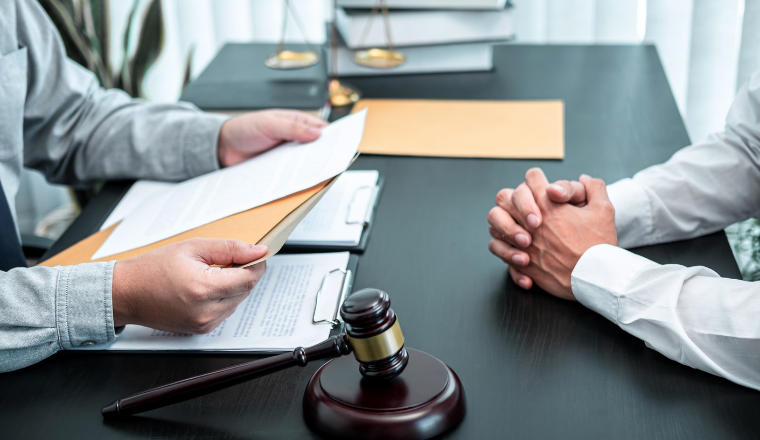
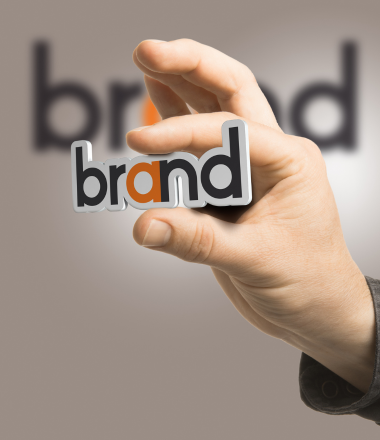
7. The Music Industry vs Napster
Shawn Fanning, a teenage tech genius, created the Napster software in 1999, while the internet was still in its early stages. It's a peer-to-peer file-sharing tool that lets you freely share and download music.
Needless to say, Napster piqued the interest of the music industry. Lars Ulrich, the drummer for Metallica, sued the software creator in 2000, alleging copyright infringement, unlawful use of a digital audio interface device, and racketeering.
This is considered to be the first time a well-known musician has directly sued a peer-to-peer file-sharing software provider. This triggered a domino effect, with big record labels such as A&M and others suing Napster. The plaintiffs accused the software company of vicarious copyright infringement and were eventually convicted in 2002.
To the disappointment of the public, Napster was forced to close that year, apologized publicly, and paid up to $26 million in damages. This incident sparked some people's resentment toward Metallica.
8. The Associated Press vs Fairey
You might recall the iconic "Hope" poster that gained traction during President Barack Obama's first presidential campaign in 2008. This artwork was crafted by the renowned street artist Shepard Fairey and became a symbol closely associated with Obama's campaign.
However, in 2009, it was revealed that the design originated from an original photograph taken by freelance photographer Mannie Garcia of the Associated Press. The Associated Press sought compensation, leading Fairey to counter with a defense asserting that his design fell under fair use and did not devalue the original photograph.
Ultimately, in 2011, a private settlement was reached between the Associated Press and Fairey. The terms of the settlement included a sharing of profits derived from the artwork.
9. VLSI Technologies vs Intel
In 2021, VLSI Technologies took legal action against Intel, the prominent chip manufacturer and tech giant, citing patent infringement related to semiconductor technology. This high-profile case spanned multiple regional courts across the United States.
The stakes were substantial, involving billions of dollars, and Intel experienced a 4% decline in its stock value during these events. The initial trial ruled in favor of VLSI, awarding them over $2 billion.
Intel appealed the verdict in Washington. The court agreed that Intel had infringed on another of VLSI's patents but underlined the necessity for a fresh trial to validate the harm estimate and determine an appropriate award.
In the ensuing trial, VLSI received a further $1.5 billion in damages as a separate jury in Texas ruled in favor of VLSI, awarding them $949 million in patent-related damages in 2022.
However, in 2023, the Federal Circuit determined that there was insufficient evidence for the initial jury to infer that Intel had infringed on at least one of the patents in dispute, a portion of the verdict worth an estimated $675 million.
10. John Fogerty vs John Fogerty
In one of the oddest copyright cases ever litigated, a record label sued a musician for sounding similar to himself in a song he wrote and performed decades before.
John Fogerty is a musician and composer who was part of the Creedence Clearwater Revival (CCR). He later quit the group to pursue a solo career, which paid off in the 1980s.
However, everything changed when he published a song called "The Old Man Down the Road," which was later sued by CCR's record label, Fantasy Records, for allegedly plagiarizing "Run Through the Jungle." John Fogerty was sued over a song he wrote himself.
The judge ultimately sided with Fogerty, adding, "You can't plagiarize yourself," effectively ending any further debate about whether or not he plagiarized himself.
Following his victory, Fogarty filed a countersuit against Fantasy Labels to collect the money he spent on the litigation. The case proceeded to the United States Supreme Court, where it was eventually resolved in the plaintiff's favor.
The judge determined that the circumstances of the case contradicted the fundamental aim of the copyright legislation, which was to protect creative undertakings and foster new ideas.
Conclusion
To fully capitalize on your brand and sustain its goodwill, businesses should keep a look out for counterfeiters and monitor if someone else is engaging in any type of infringement and reaping the benefits from their brand.
If you operate a business and come across a situation where a third party is using your brand image for their product benefits, please contact us at [email protected] for a free consultation on how we can protect you against such thefts.

